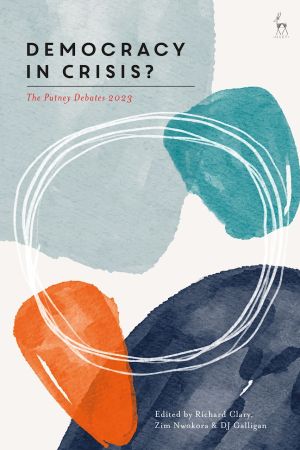
This volume explores the state of representative democracy on the global stage.
It does this against the backdrop of crises such as the USA Capitol attack on January 6, 2021, recent refusals to accept election results in various countries, and attempts to restrict the voting franchise, as well as longer-term trends such as the rise of populism and declining trust in political elites.
The first substantive chapter examines representative democracy in theory, history and practice today. Taking the representative model as their point of departure, the subsequent chapters explore a range of themes in relation to this model.
The contributions include timely reappraisals of democracy in countries, such as the UK and USA, with old, well-established democratic structures as well as analyses of the state of democracy in regions, such as Africa, Asia and South America, where democracy has had a more chequered history.
Across all of its chapters, the book invites readers to rethink fundamental questions about representative democracy: Why is it valuable? How should it be organized? Do steps need to be taken to strengthen representative democracy, and if so, what are those steps?
The volume's target audience – politicians, public servants and interested members of the public – will be provided with arguments and evidence to form their own views at a time when the ideals and practices of representative democracy are being challenged around the world, and new ideas and initiatives to revitalise it are being debated and implemented.